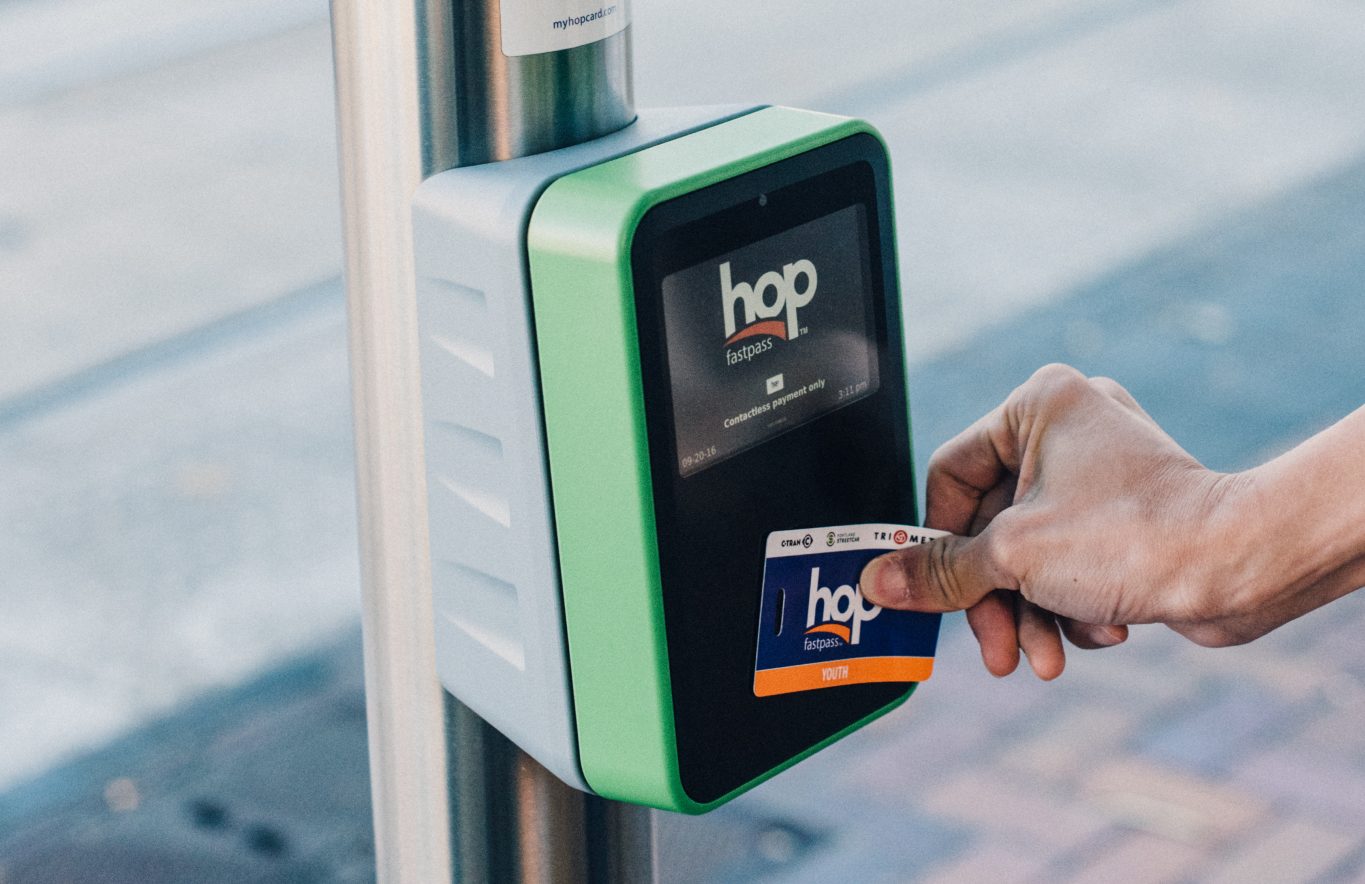They say it's expensive to be poor. And that certainly applies to the way American transit fares are structured. That's because people who purchase monthly or daily passes get bulk discounts, while people who pay for each ride do not.
It makes perfect sense to provide bulk passes, which often lead to higher ridership. But these fare structures pose a problem for people who aren't in a position to scrape together the cash for a pass and have to pay for a whole month of transit rides one fare at a time. They may end up paying more than wealthier riders for the same amount of service, even though they can least afford it.
Now Portland's transit agencies -- Trimet, C-Tran, and the city's streetcars -- are showing the way to a fairer system.
The agencies have introduced "fare capping," reports TransitCenter. That means riders who pay per trip do not incur further charges once they reach a certain threshold.
For example, a single Trimet bus trip costs $2.50, while a daily pass costs $5. Fare capping means a person who rides the bus three times in a day won't pay for the third trip, even if she purchased each ride separately.
Portland is the first major American city to enact a fare capping policy, according to TransitCenter. Trimet was responding to grassroots pressure for a fairer system, and international transit agencies in cities including London and Dublin have shown that fare capping works.
Portland's system relies on new fare media -- reloadable "Fastpass" cards -- that track the number of trips the cardholder makes. The cards were introduced in June and are available at retailers around the city.
Trimet estimates the change could reduce fare revenue between 1 and 1.5 percent, but could be partially offset by lower rates of fare evasion under the capping system, TransitCenter reports.
Fare capping is an idea that all transit agencies offering daily and monthly bulk discounts should embrace. TransitCenter specifically urges New York's MTA, which is currently looking to upgrade its fare technology, to adopt fare capping in its next-generation system.
"It's heartening to see a technology innovation in transportation that solves a problem like the poor paying more for transit than the rich," said TransitCenter's Jon Orcutt.






